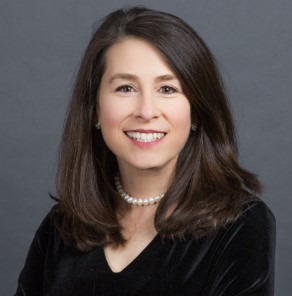Dr. Jennifer Lerner holds the Thornton F. Bradshaw Professorship in Public Policy, Management and Decision Science at the Harvard Kennedy School. She is the first psychologist in the history of the Harvard Kennedy School to receive tenure. Professor Lerner also holds appointments in Harvard’s Department of Psychology and Institute for Quantitative Social Sciences.
Research: Drawing insights from psychology, economics, and neuroscience, Lerner’s research aims to improve decision making in high-stakes contexts and to expand the evidentiary base for designing policies that maximize human health, security, and wellbeing. Together with colleagues, Lerner developed a theoretical framework that successfully predicts the effects of specific emotions on specific judgment and choice outcomes. Applied widely, the framework has been especially useful in predicting emotion effects on perceptions of risk, economic decisions, and attributions of responsibility. For example, she and her colleagues discovered and explained why fear and anger – although both negative emotions – exert opposing effects on the perception of risk. In other lines of research, her work aims to improve risk communication and to reduce stress within organizational settings. Published in leading scientific journals (e.g., Proceedings of the National Academy of Sciences), and collectively cited over 36,000 times in scholarly publications alone, Lerner’s research also regularly receives coverage in popular media outlets (e.g., NOVA; the Wall Street Journal; and The New York Times).
Selected scientific awards: In a White House ceremony, Lerner received the Presidential Early Career Award for Scientists and Engineers (PECASE), the highest honor bestowed by the U.S. government to scientists and engineers in early stages of their careers. She has also received the National Science Foundation’s (NSF) Faculty Early Career Development Award and the National Science Foundation’s “Sensational 60” designation. (The 60 members in this latter group were designated as the most prominent American scientists whose first grants were NSF graduate school fellowships.)
